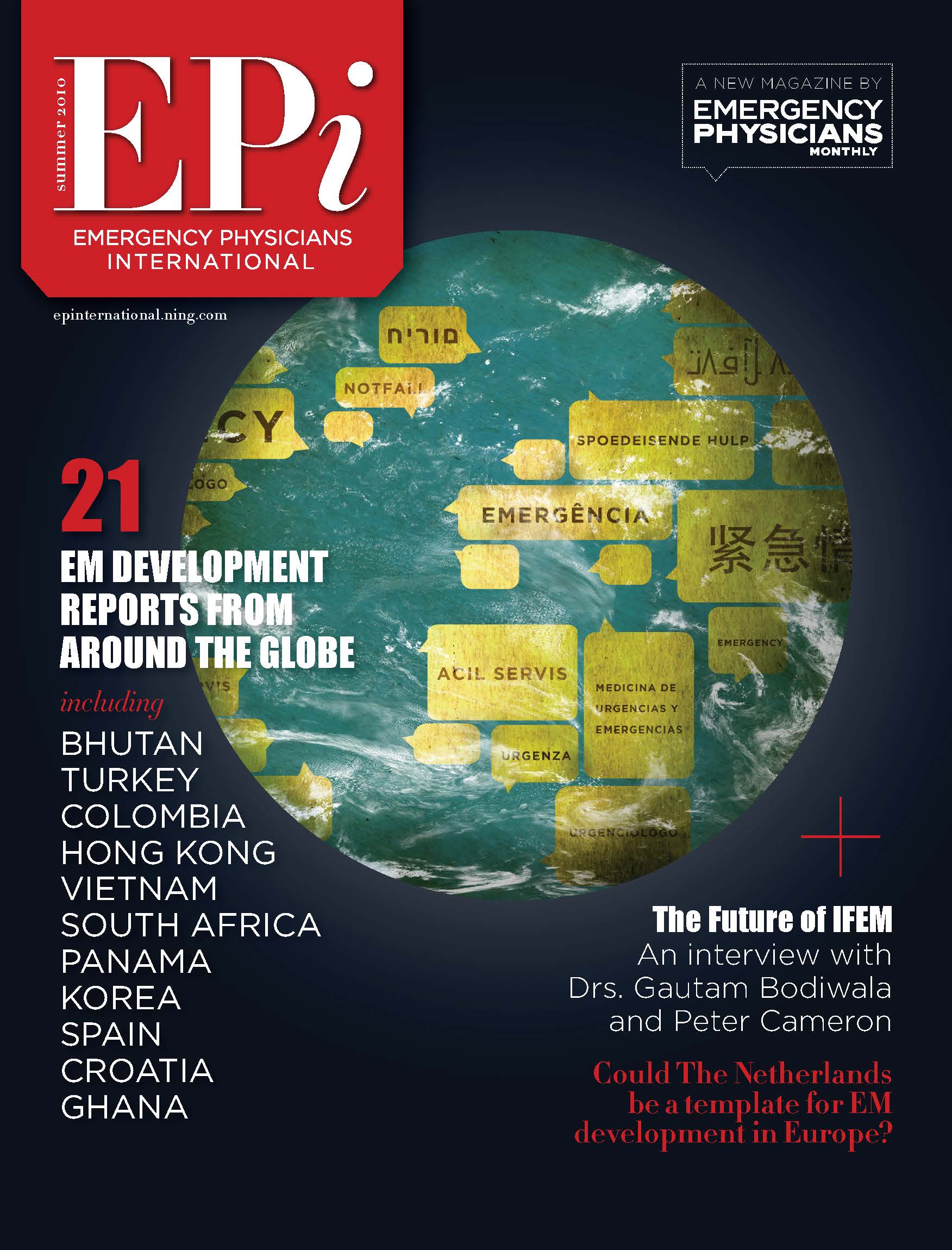OpEd: Where do Politics Belong in Healthcare?
There are many questions about professionalism and political activity for physicians, including:
Can I use my authority and position in the community to advance my political opinions?
Should I take public stands on politically controversial issues?
Should I wear my white coat or other signifiers of my profession to demonstrations?
Should I wear buttons or stickers expressing my opinions at work?
What about political literature or posters in the office?
Making political statements? On medical issues? On anything?
I wrestle with these questions, and do not have answers. Some thoughts:
I have been politically active since high school. I have been to more demonstrations than I can count. I continued political activism after starting in medicine, including working with Physicians for Social Responsibility to organize medical folks to go to the June 12th anti-nuclear demonstration in Central Park in NYC, 1982. It was one of the biggest demonstrations ever in the US.
Prior to medical school I worked at a feminist health center, where pro-choice materials and buttons were de rigeur. We had demonstrators at our door, staff and volunteers escorting patients in and out, regular interactions with the police and demonstrators. We lobbied, demonstrated, and publicized feminist healthcare causes.
As an attending in Washington State, I have participated in lobby days in Olympia (our state capital) and Washington, DC. I lobby for medical education and women’s rights, including organizations such as March of Dimes and Planned Parenthood.
I have attended many demonstrations and political activities, and have encouraged my students, residents and colleagues to join me. I am less comfortable with calls to wear white coats or make it clear that we are present as doctors, not just citizens. I am not sure our professions give us authority in political questions, especially things not related to healthcare.
I do not wear political buttons at work. I do not have political stickers on my computer, or bumper stickers on my car. I live in a small city and see my patients everywhere. I don’t wear “doctor clothes “ all the time, but I don’t wear overtly political t-shirts. I do have some more political items in my office, where no patients go.
I have written letters to the editor about medical issues in our community, such as vaccination. But I do not write letters about non-medical issues. If I did, I would not sign them with MD after my name.
I teach at a residency housed in a Federally Qualified Health Center (FQHC). We have pamphlets and postcards asking patients to write their legislators to support FQHC legislation. I am not sure this is appropriate. If it is, I would say we should also feature other lobbying campaigns relevant to our patient population, such as advocacy for improved access for persons with disabilities, or housing for unhoused people.
Physicians who run for office are an interesting subset of politically active physicians. I am not sure being a physician makes someone more qualified than another person to run for office, at least not on its own. Despite my belief, I understand our professional organizations are intensely political. We pass resolutions to promote health in the broadest sense. We employ lobbyists. In the most recent US presidential election, there was a Physicians for Biden organization. I am not sure how I feel about either of these things, but I understand the latter more than the former. I appreciate how existing in an inherently political field is different from saying that experience makes us more qualified than others to hold positions of political power. It is not clear to me that this distinction is clear to the general public.
I listen to patients expound their political opinions frequently. I do not usually reciprocate. I do provide information if it is relevant, and express that bigotry is unacceptable in our office. Helping create accessible, informed spaces for care does often include acknowledging politics, but I have spent the past 46 years trying to understand where this bleeds into political activism. It is not a question I anticipate being able to answer wholly, even if I had another 46 years left in my career.
People are not coming to me to know my political opinions. I can support our clinic policies of non-discrimination, but mostly I do not engage these topics in the exam room. From the art on the walls to our signage to the way we treat people, I hope our non-discrimination policies are evident. It is important to me that people feel safe in our spaces, whether that means having escorts to ensure safe entry and exit, or knowing the organizations I work for support the systemic needs of our patients. The lines blur when following through on that systemic support necessitates political advocacy.
So-- what is the most appropriate way for physicians to be politically active? What does it look like in your life?







